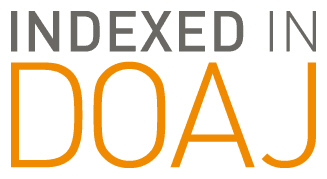Abstract
Significant student learning and school improvement are dependent upon the teacher being the centerpiece (Tucker, Stronge, Gareis, & Beers, 2003; National Council of Teacher Quality, 2011). In maintaining the high standards associated with teaching responsibilities, educators are held accountable through performance evaluations. In the United States, teacher evaluations have long been a standard of practice largely determined by individual states and school districts. Additionally, teacher effectiveness has been guided by at least three pieces of national legislation, including the Elementary and Secondary Education Act (ESEA, 1965), the No Child Left Behind Act (NCLB, 2001) and the American Recovery and Reinvestment Act (ARRA, 2009), also referred to as the Stimulus or Recovery Act. With the expectation that the nation's universities produce higher quality teachers and school districts hire "highly qualified" teachers, the profession finds itself under constant, critical scrutiny, most recently concerning the evaluation of teachers.
Recommended Citation
Nix, Susan J. and Bigham, Gary
(2018)
"Impacts on Teacher Evaluations: The Importance of Building Capacity through Excellence in the Application of the Teacher Evaluation Process,"
School Leadership Review: Vol. 9:
Iss.
2, Article 8.
Available at:
https://scholarworks.sfasu.edu/slr/vol9/iss2/8
Tell us how this article helped you.


